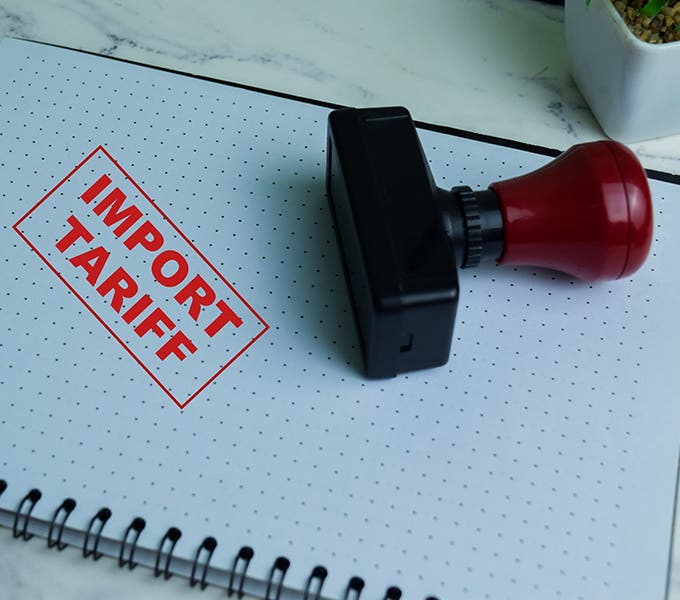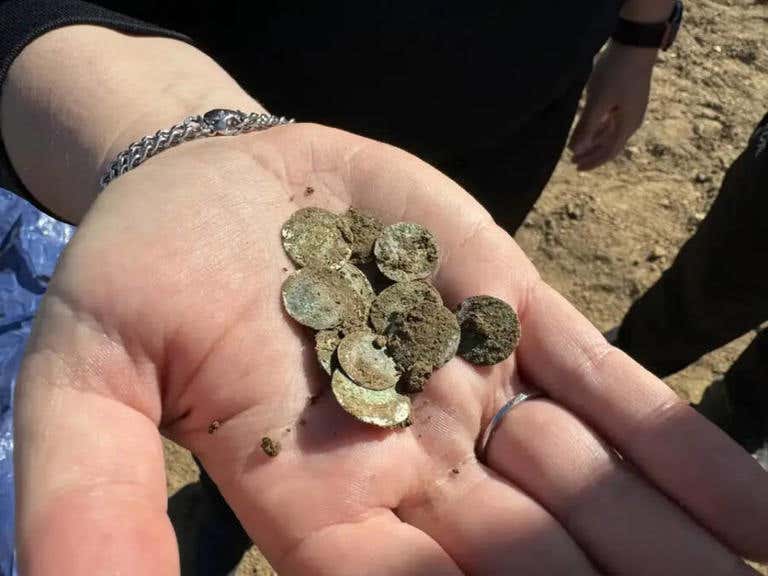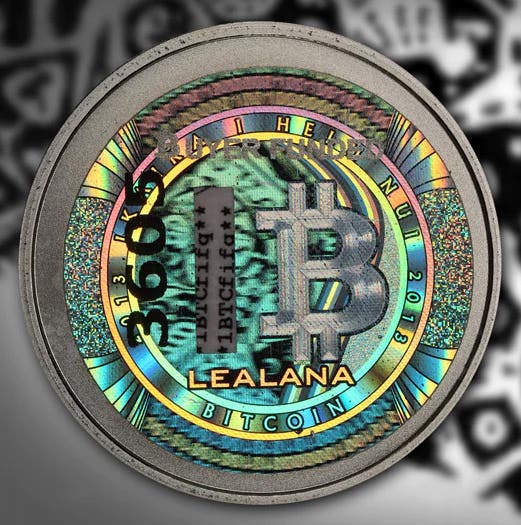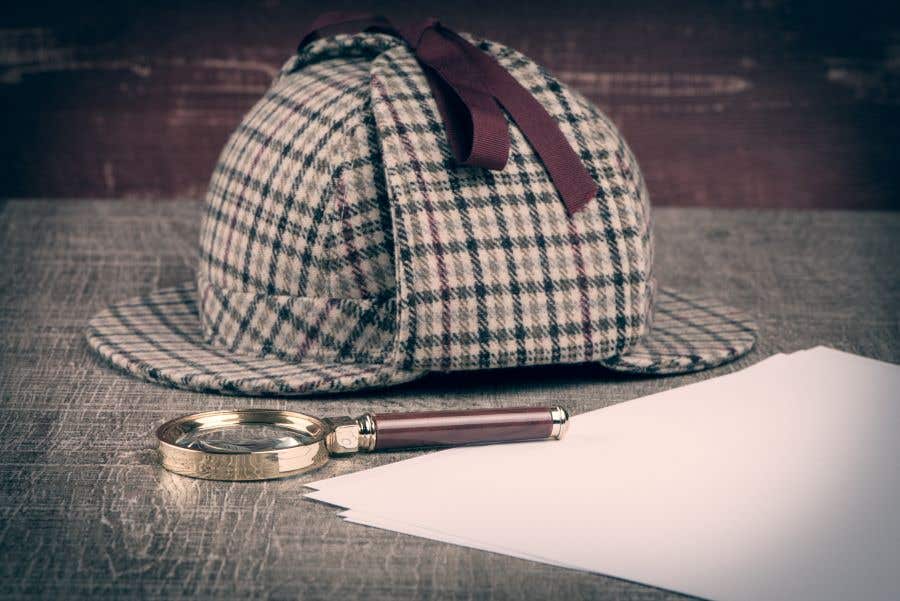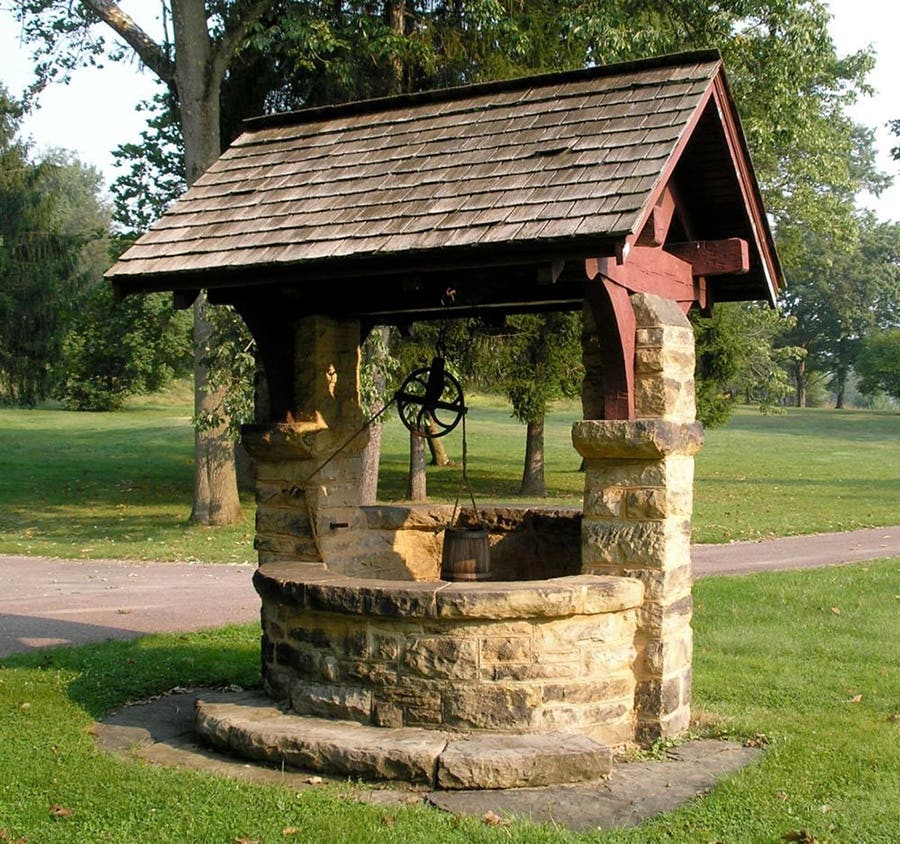Krause Shared Thoughts on Collecting Common Coins
In the latest Past Times with Coins, Chester L. Krause asks, “Why do We Collect Common Coins?”
In selecting which stories from the pages of Coins magazine to summarize or reproduce in this column, I have followed along from issue to issue, hoping not to pass by something that might have been worthy of being covered here but that I inadvertently overlooked.
Some items were just too short to stand on their own. Others are too dated, even for a column such as this that looks at items from the past. Still, others are just too far afield from the realm of U.S. numismatics, which I’ve largely adhered to.
One of those aforementioned articles in Coins that was too short to stand on its own but too worthy to pass up appeared in the September 1965 issue of Coins. It was by the founder of Numismatic News, Chester L. Krause, a true down-to-earth collector and gentleman who wrote of the instinct to collect coins. In his “Memo: from the publisher” in the September 1965 issue of Coins, Krause asked:
“WHY DO WE COLLECT COMMON COINS? … Isn’t the real essence of collecting found in the acquisition of the rare and historically significant?
“Through the years, I have heard questions like these. There is a good answer for them.
“Yes, the essence of collecting is in the acquisition of the rare and significant – and remember the word significant. The most common coin you find in your pocket may well be significant to someone somewhere. For him, then, it is a true collector’s piece. Rarity becomes secondary.
“Every time you pick up a coin, you hold history in your hand. It's not necessarily big world or national history. There are little histories, too. Family histories, personal histories. There is a widow who has saved a nickel for the year in which her only child was born, the year he entered kindergarten, graduated from high school, received his university degree, married … and the golden year when he asked her to come live as part of his new family. How significant can a collection be? To her, those common little nickels evoke a lifetime of memories.
“And there are ample collector delights in the more traditional vein. We have common coins from peacetime and wartime, the Dark Ages and the Renaissance, our own colonial days, the Central American banana revolutions, our own industrial revolution ... from any and every corner of the earth. No matter where you turn, past or present, you can most often document the time, the place, and even the event in common coins.
“Why do we collect them? Because there’s no corner on imagination and originality. Because they’re as rare and significant as each of us sees them for himself. And there’s no better way to see true coin collecting.”
Along similar lines in that it harkens back to the basic urge to collect was Stan Valentine’s fictitious piece, “VDB or not VDB…,” in the same issue of Coins. And, yes, I know Valentine should have used “cent” and not “penny” in the following.
“‘Hey, sweetie, look at this old penny I found today. Almost fifty years old,’” begins Valentine.
“Sounds harmless enough? Yes, but this simple comment starts a chain of events which … well, be a witness.
“‘I think I’ll start a collection.’
“The second step, and nearly fatal. Five dollars worth of pennies one evening provided a surprising variety of dates. Then each following night I brought more and more coins home.
“‘Look, hey! I found an old nickel, and this half-dollar looks pretty good too. Might as well keep one of each coin while I’m collecting.’
“By this time, I was hooked. I was surprised at the lengths to which I would go to get the raw material. Then, my conscience became inured; my methods became devious. All day I would make small purchases – a pack gum, the newspaper, a two-cent mint – always offering a bill to [be] changed. Each night I jingled home and sorted, stacked, counted and decided which coins I would keep. Occasionally if a coin was mutilated or worn enough I put it back in circulation.
“I would go to the bank on my lunch hour and exchange coins I had searched. I would take rolls of pennies and ask for nickels, search them, then trade nickels for dimes, quarters, halves, and back to pennies. I had no shame. I wasn’t a collector; I was a hoarder. Never a rare or even semi-valuable coin passed by, but I kept one of each, then 2, 10, 50, 150. Where was the limit? The sneers of the tellers, the public service TV commercials begging for help – none had an effect. The sheer weight of my collection enthralled me. Here was substance, wealth.
“‘I need 40 cents for the paper boy.’
“Startled, I looked up from my mounds of coins on my desk into my wife’s haggard eyes. ‘Take a bill out of my wallet, will you?’
“‘Hah, there hasn’t been one of those around here for weeks.’
“‘Well, tell him to come back next week.’
“‘You couldn’t part with some of those?’ She pointed to my jewels.
“Shocked, I hugged my coins. Sobbing, she ran from the room.
“That made a severe dent in my armor. It was the first of many. Before, on my bank raids, I had covered up, Walter Mitty fashion, with the pretext that my mission was important and necessary. Now the Are You a Coin Hoarder? signs had me shaking my head as the accusing finger pointed directly at me. Other customers would shove me to the end of the queue. The sarcastic smirks of the tellers scorched my soul with scorn. When I walked out with my money bags, little old ladies with umbrellas looked as if they were going to hit me.
“The end came quickly in mid-January when my wife confronted me with a magazine article concerning the coin shortage. I read and died a little. I was unpatriotic, a man without a country. She found me later in my room, running coins through my hands. The guilt and desire to repent must have shown, for as I looked into her eyes, she patted my hand and said, ‘I know it’ll be hard, dear, but I’ll be near you. You can do it. Would you like me to roll them up for you? …’
“I shoved the rolls of coins across the counter and asked for bills. I ignored the teller when he faked a slight case of shock as he made the transaction. When he put my coins away, I saluted them mentally and bid them farewell, as is fitting for old friends parting. I turned with a film of moisture in my eyes and left the place quickly before I could default.
“Now, after months of persecution, my ordeal is over. I feel more vital; my food tastes better; a walk through the bank doors is no longer a walk through no man’s land. True, there is still suspicion and distrust, a wariness on the part of the tellers. But, largely, I have convinced them of my honorable intentions.
“Yes, the cure is nearly complete. Next week my wife is going to let me carry some change to work. The boys are sick of buying my coffee.
“Let’s see now, where’s a stamp for this? Guess it’ll be in the bureau drawer. Whew, look at the dust; it must not be in here. Hello, what’s that? I’ll be darned, a penny. Kind of dim, though. Let’s see … a 1909-S! Oh my gosh! Honey, come here quick!
“Golly! Could it be. I can’t turn it over — but I’ve got to see. Slowly, very slowly ...”
You may also like:



